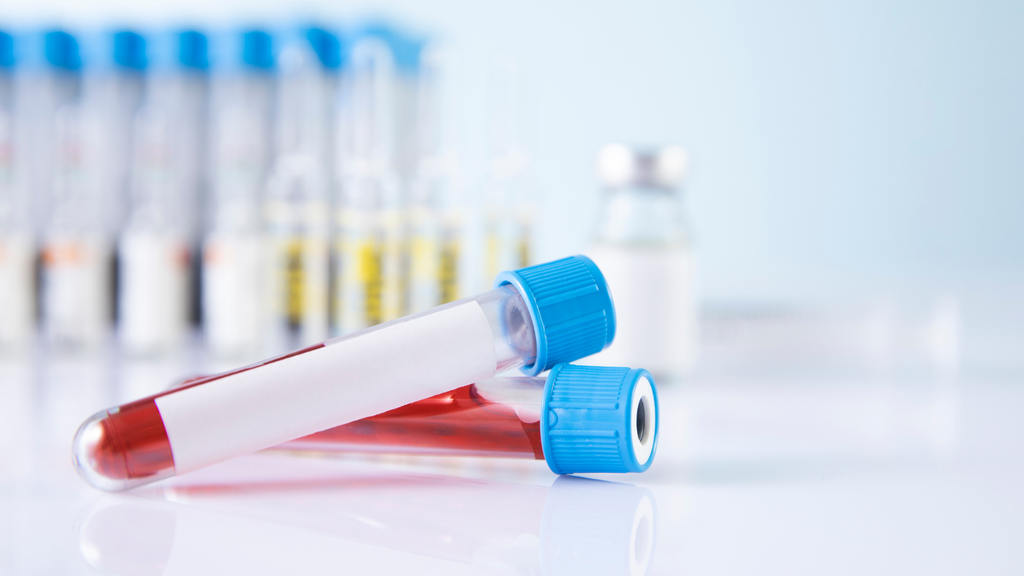
A breakthrough blood test currently undergoing trials in Australia may soon enable UK police officers to determine if drivers involved in accidents were impaired due to lack of sleep and could see the introduction of a new law for the minimum number of hours of sleep required to drive.
A study published by Nature and Science of Sleep, suggests that the risk of having a crash can double if the driver has slept for less than four or five hours in the previous 24 hours.
Government data suggests that a fifth of motorway accidents in the UK are attributed to drivers dozing off at the wheel, with young male drivers aged 18 to 30 being most vulnerable, especially during late-night journeys.
Despite its early stages, there is growing support for the blood test’s potential. The study, funded by Australia’s Office of Road Safety, equivalent to the UK’s Department for Transport (DfT), aims to address the issue of fatigue as one of the major killers on the road, alongside alcohol and speeding.
Professor Clare Anderson, an Associate Professor of Psychology from Monash University, who is working on the study, told The Guardian:
“When you look at the major killers on the road, alcohol is one of them, speeding is another, and fatigue is one of them. But even though the solution to fatigue is quite simple, which is to get more sleep, our capacity to manage it is impaired. This is because we don’t have tools to be able to monitor it like we do with alcohol.”
However, the introduction of in-vehicle technology, such as Driver Monitoring Systems (DMS), could pre-emptively tackle the problem of driver fatigue without the necessity for post-accident tests. These advanced systems are capable of continuously monitoring the driver’s behaviour, detecting signs of drowsiness or inattention, and providing timely alerts to keep the driver attentive and focused on the road.
The UK government may not currently be actively pursuing the proposed blood test technology, but the DfT remains open to exploring new ideas for road safety enhancement.
In conclusion, while the blood test presents a potential game-changer in identifying tired drivers involved in accidents, the implementation of in-vehicle technology like DMS offers a more proactive approach to combating driver fatigue. With continuous monitoring and timely alerts, DMS can keep drivers attentive and prevent fatigue-related accidents altogether, making post-incident tests unnecessary. As we strive to improve road safety and save lives, the combination of cutting-edge technology and innovative solutions should be at the forefront of our efforts.